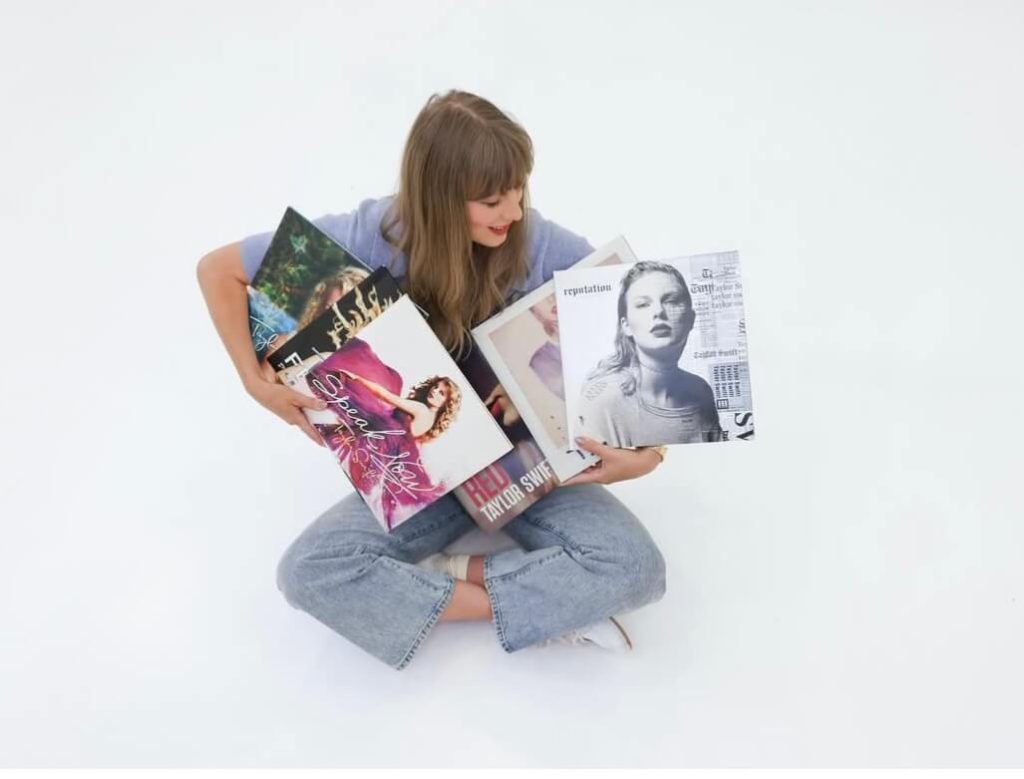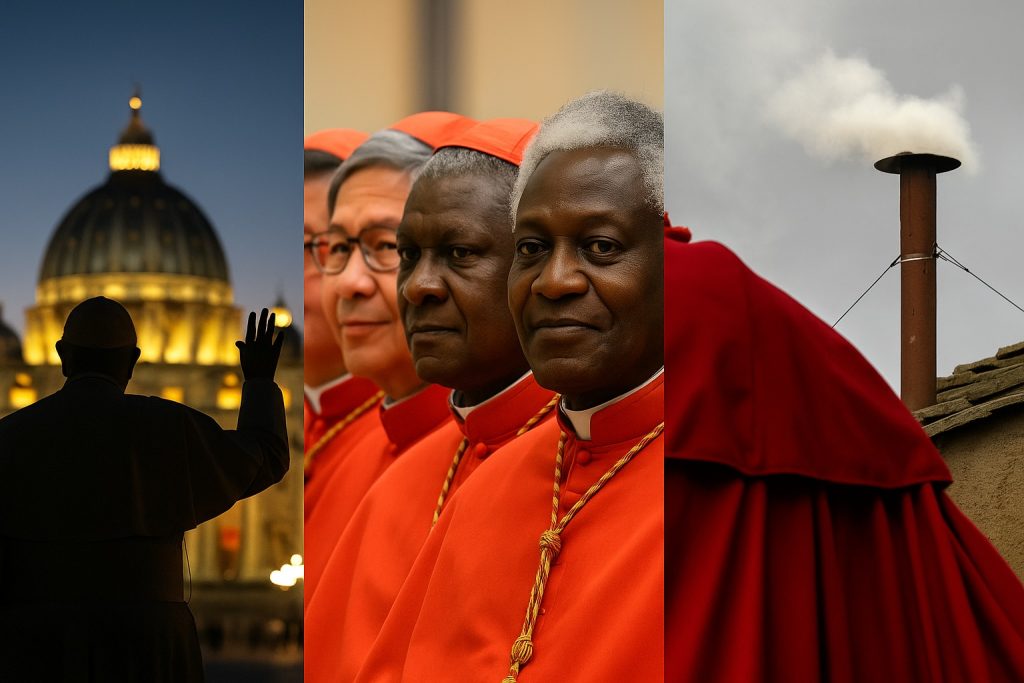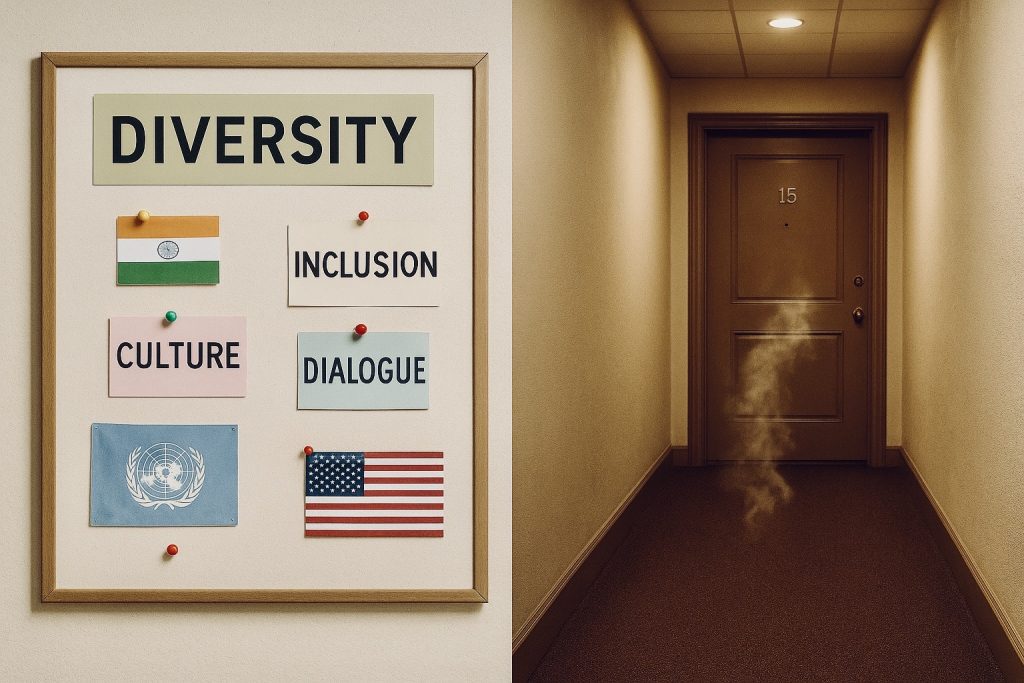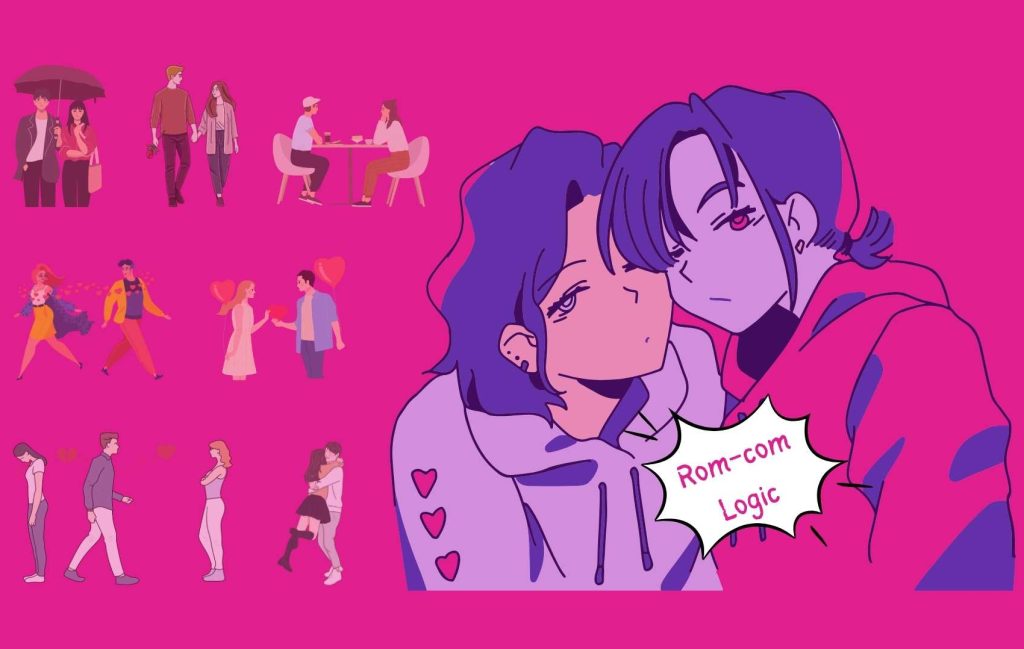Taylor Swift Owns Her Masters. On May 30, 2025, Taylor Swift announced that she now owns the master recordings of her first six studio albums through an Instagram post and a heartfelt letter to fans on her official website. It’s a moment fans have been waiting for since 2019, when the rights to her work were sold without her input. This isn’t just a personal win. It’s a major shift in how artists think about ownership and how the music industry has to respond.
“All I’ve ever wanted was the opportunity to work hard enough to be able to one day purchase my music outright with no strings attached,” Taylor wrote in a letter to fans on her website.
“Thanks to you and your goodwill, the best things that have ever been mine… finally actually are.”
Taylor Swift Owns Her Masters – What happened?
In 2019, music executive Scooter Braun acquired Big Machine Records, the label Taylor Swift signed with at age 14. That deal included the masters to her first six albums. Taylor said she was never offered a chance to buy them. A year later, Braun sold those same masters to Shamrock Capital for $405 million. Swift refused to partner with them, knowing Braun would still profit.
Now, five years later, Taylor has bought those same masters from Shamrock for an estimated $360 million, completely on her terms. She now owns her music, her videos, her concert footage, her images, and the full rights to her early legacy.
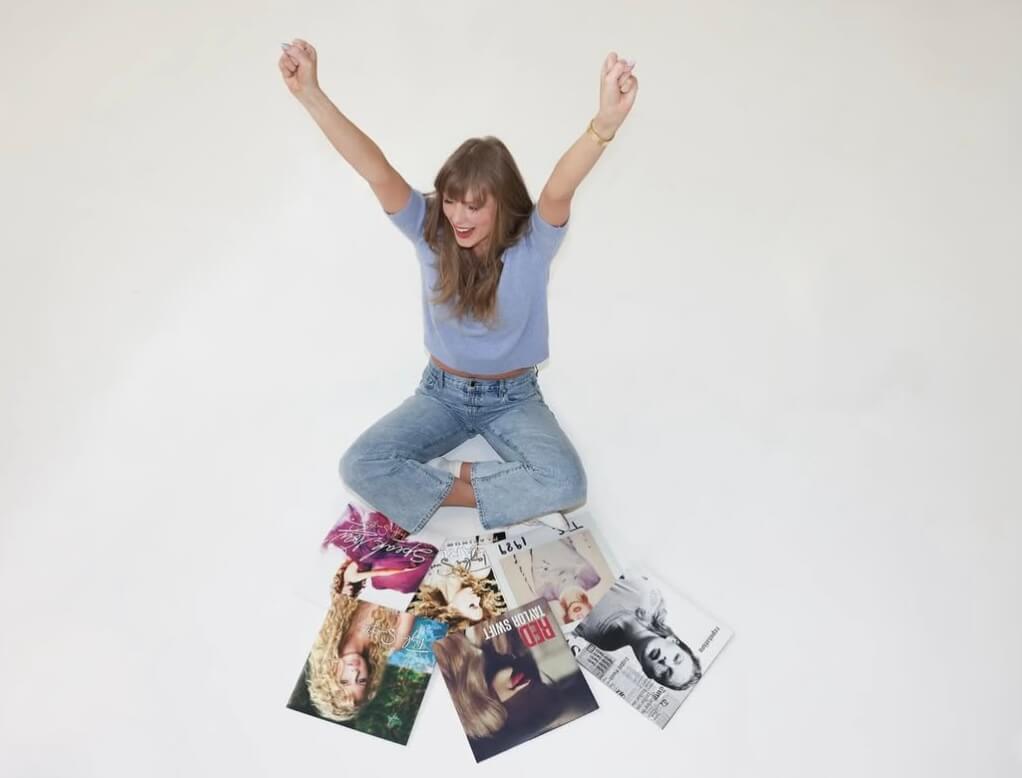
📸 Credit: IG: @taylorswift
Taylor Swift Owns Her Masters – Why does it matter?
In the music world, the person who owns the master recordings makes the money. That means licensing, streaming revenue, and control over how the music is used. Most artists don’t own theirs, labels do. For decades, that’s been considered normal.
But Taylor questioned that model and changed it.
Instead of accepting the loss, she re-recorded her albums and released them as Taylor’s Version. Her fans streamed those new versions, not the old ones, helping her take control of her legacy and lower the value of the versions she didn’t own.
It worked. And it sent a message: artists don’t have to stay silent. They can re-record, rebuild, and reclaim.
“All of the music I’ve ever made… now belongs to me,” she said.
“Every lyric. Every note. My entire life’s work.”
What does it mean for artists?
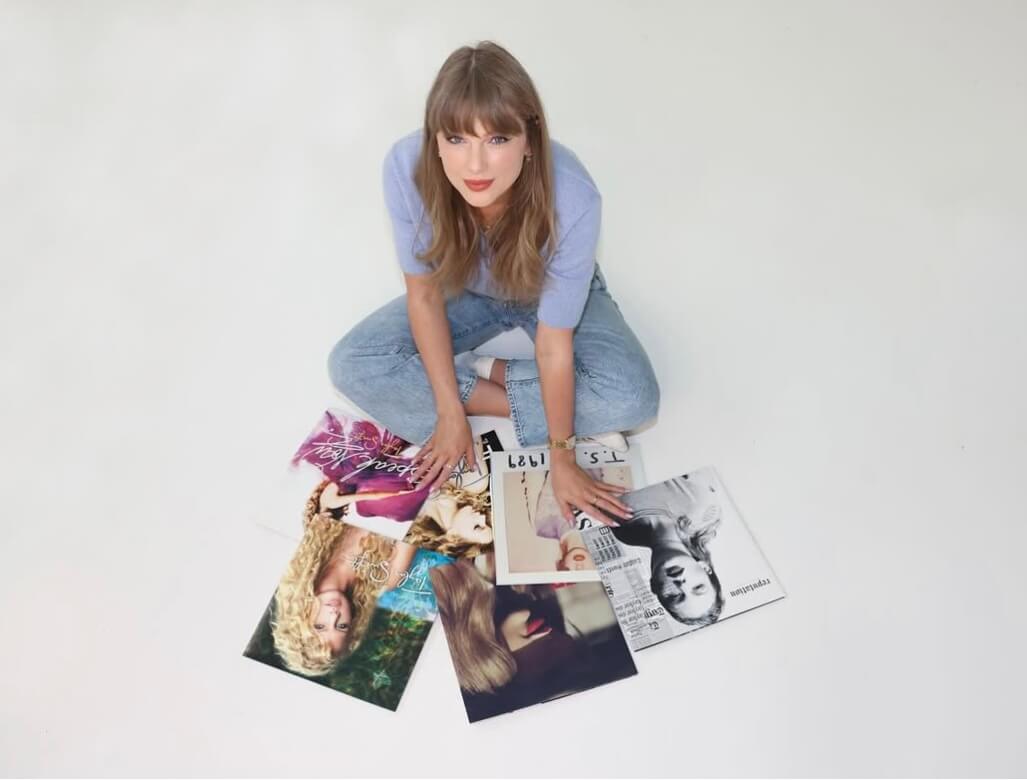
📸 IG: @taylorswift
Taylor’s win shows other artists what’s possible. Before this, many artists especially younger ones signed away their rights without knowing the full impact. Swift’s public fight made the issue mainstream.
Now, newer artists are negotiating better deals from the start. Olivia Rodrigo, SZA, and Billie Eilish are among those who’ve been reported to secure more control over their music. Even veterans like Ashanti and Snoop Dogg have followed Taylor’s lead by re-recording or buying back their catalogs.
Her journey turned what used to be a private legal battle into a public conversation. Artists now know it’s possible to fight for their work and win.
What does it mean for labels?
For record labels, this changes everything. Taylor’s re-recordings were commercially successful, sometimes more successful than the originals. That’s a nightmare scenario for labels who once relied on owning artists’ work for long-term income.
Some labels have already responded by changing contracts. Many now add clauses that prevent artists from re-recording their music for 10, 15, or even 30 years. Others are adjusting deal structures to avoid public backlash and retain talent.
The power has shifted. Labels now have to offer artists more reasons to stay and ownership is a major part of that.
Taylor’s long game: this isn’t her first system shift
Taylor Swift has made a habit of reshaping the industry.
- In 2014, she pulled her music from Spotify, pushing back on unfair artist payments.
- In 2015, she publicly called out Apple Music for not paying artists during their free trial period. They reversed that policy within 24 hours.
- In 2018, she signed with Republic Records with one big condition: she would own the masters of all her new work. That clause set a new standard for modern contracts.
- From 2021 to 2023, she re-recorded and released four albums, Fearless (Taylor’s Version), Red, Speak Now, and 1989. Each one hit #1. Each one proved her point.
And now, with this final move, she owns it all, both the old and the new.
Has anyone else done this?
Yes and no.
Prince famously fought for his music, even changing his name to protest ownership contracts. JoJo re-recorded her early albums to escape a bad deal. Kanye West published pages of his label contracts in protest. Frank Ocean outsmarted his label by releasing a decoy album before going independent.
But no one’s done it at this scale, this publicly, or this effectively.
Swift turned her legal fight into a global campaign. She used her platform, her fans, her business sense, and her emotional story to change not just her contract, but the culture.
Could she be the most important artist of all time?
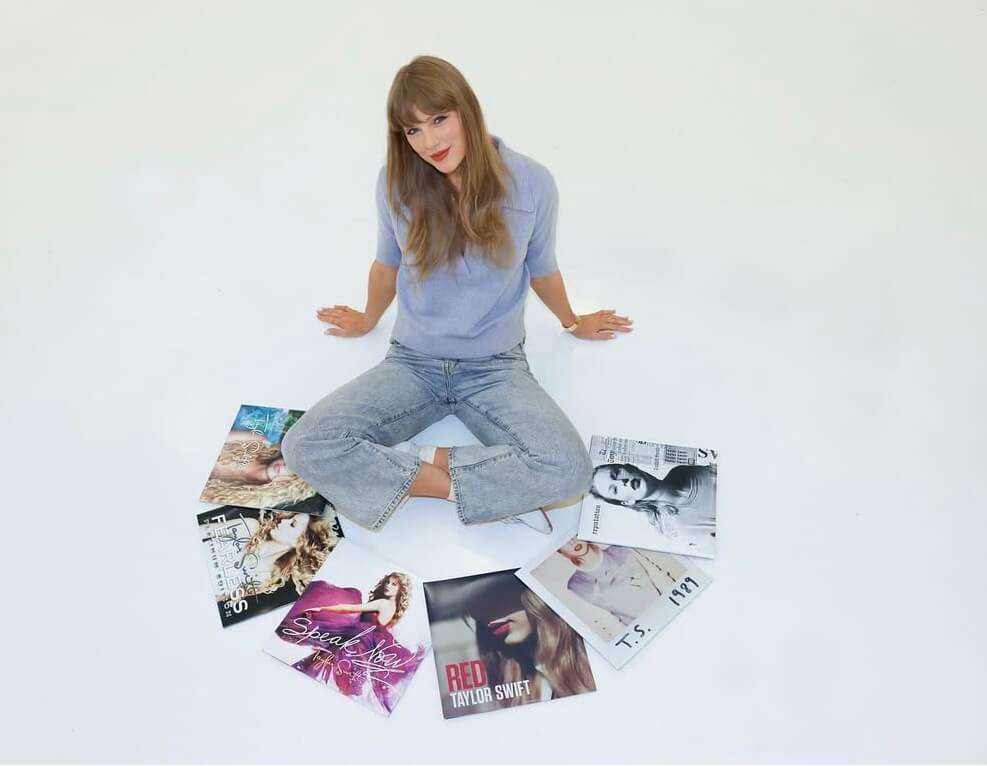
📸 IG: @taylorswift
That depends on how you define “important.”
Michael Jackson redefined music videos. Beyoncé reshaped cultural identity and performance. Bob Dylan turned folk music into protest. Prince fought for ownership long before anyone else dared to.
But Taylor Swift made the business of music part of the mainstream conversation. She made ownership a headline. She built a fandom that understood terms like “masters,” “licensing,” and “contracts.”
“This victory is for forward motion,” she wrote.
“You have no idea how much it means to me that you cared.”
She didn’t just fight for herself. She fought for the next generation of artists especially young women to walk into rooms and ask for more.
That may not make her the most important artist of all time. But it makes her one of the most powerful and culturally influential. And in an industry that’s often rigged against artists, power matters.
Closing Statement…
Taylor Swift’s journey to reclaim her masters wasn’t just about music, it was about ownership, control, and legacy. She took the long road, made it public, and turned every setback into leverage. That fight will benefit artists for years to come.
She now owns her life’s work.
And because she did, others might too.
Keep Going: More Taylor Swift Power Plays here…
Taylor didn’t become the villain, she reclaimed the narrative. What empowerment actually looks like when the lights are off.
From feminist merch to curated vulnerability, where does Taylor land in the spectrum of image vs impact?
A commentary on the Eras Tour, curated aesthetics, and how virality now signals intellect.
She sold out stadiums, remade her career arc, and turned concerts into cultural reset buttons. Here’s why it matters.

